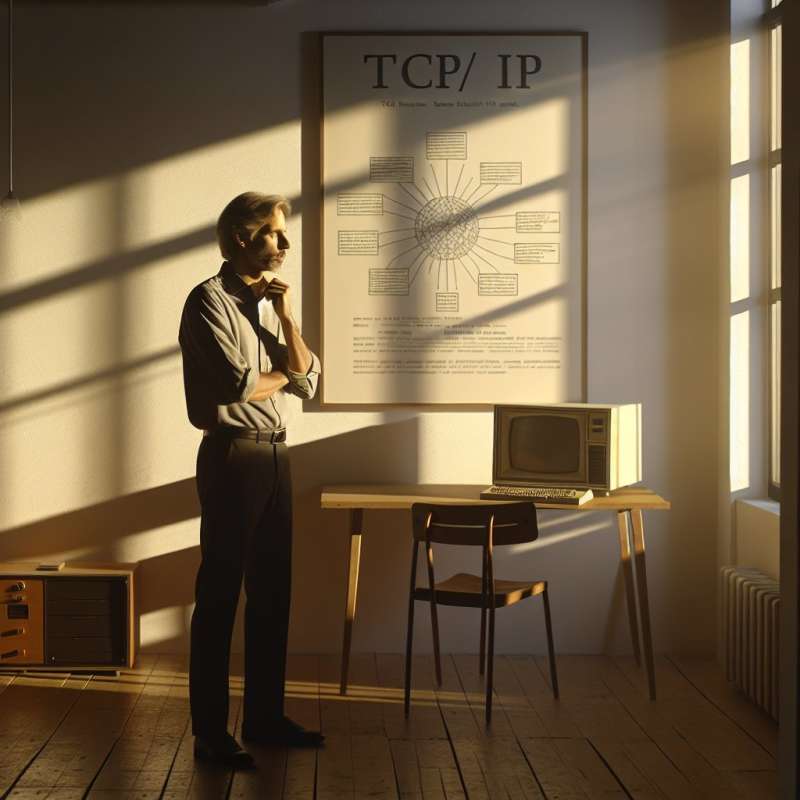
Internet's Conceptual Origin
The idea of a global network can be traced back to the 1960s. Visionary thinkers like J.C.R. Licklider conceptualized an 'Intergalactic Network' of computers, laying groundwork for internet's theoretical base.
ARPANET: The First Network
In 1969, the Advanced Research Projects Agency Network (ARPANET) connected four university computers, creating the first functional packet switching network and setting the stage for further development.
Vinton Cerf's Revolution
Vinton Cerf, known as a 'Father of the Internet,' co-invented TCP/IP protocols with Bob Kahn. These protocols became the standard language for data exchange over the internet.
Tim Berners-Lee's Contribution
The World Wide Web, created by Tim Berners-Lee in 1991, is often confused with the internet. Berners-Lee's innovation laid on top of the existing internet, organizing information through webpages.
From ARPANET to Modern Internet
ARPANET's initial purpose was military and academic. However, by the 1980s, it evolved into a civilian tool, expanding beyond its original scope and eventually leading to the internet we know today.
Unsung Heroes and Diversity
The internet's creation was collaborative. Pioneers like Radia Perlman, who refined network structures, and others from diverse backgrounds contributed to its development but often remain unrecognized.
Internet's Future Evolution
The internet continues to evolve with emerging technologies like quantum computing and blockchain. These advancements promise to redefine connectivity and security, shaping the next generation of the internet.
Who envisioned 'Intergalactic Network'?
Vinton Cerf
J.C.R. Licklider
Bob Kahn
Company